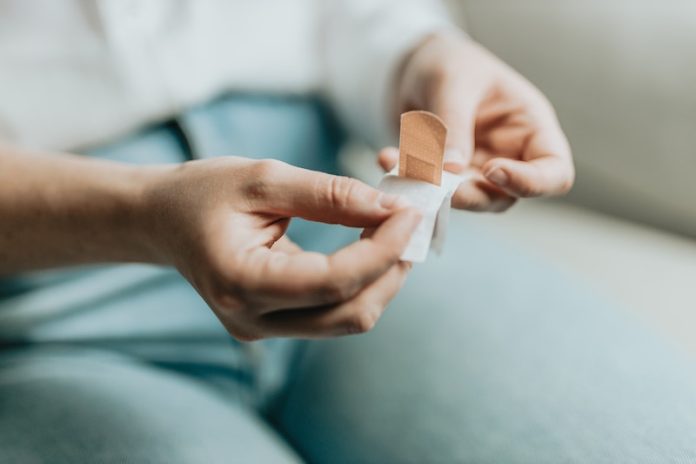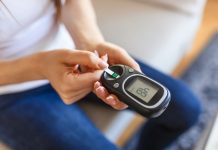
In São Paulo state, Brazil, researchers have made a significant breakthrough in the quest to help people with diabetes who suffer from chronic skin lesions.
These skin problems can be challenging to manage and often lead to complications. Brazil is facing a growing diabetes epidemic, with millions of people affected by the disease.
Diabetes has become one of the leading causes of death worldwide, and it affects people in many ways, including poor wound healing.
Diabetic Wound Healing Challenges
When a person without diabetes gets a skin injury, the body immediately begins a process to heal it. Platelets in the blood help control bleeding and create a platform for other healing processes.
New blood cells form, and collagen, a crucial component for tissue repair, is deposited.
However, in individuals with diabetes, high levels of blood sugar can disrupt this natural healing process. It can lead to increased inflammation and difficulties in forming new blood vessels.
A Potential Solution: Hydrogel Researchers at São Paulo State University (UNESP) and the Federal University of São Paulo (UNIFESP) have been exploring the use of hydrogels to improve wound healing.
Hydrogels create a moist and sterile environment that can accelerate the healing of wounds. In this study, the scientists developed a special hydrogel formula based on a protein called annexin A1 (AnxA1).
This protein plays a role in controlling inflammation and cell growth, as demonstrated in previous research by the same group.
Promising Results
To test the hydrogel’s effectiveness, the researchers used mice with induced type 1 diabetes and created skin lesions similar to those seen in diabetic patients.
They found that the hydrogel, containing a specific peptide (AnxA12–26), reduced the number of inflammatory cells three days after the wounds were made.
After just 14 days, the wounds had completely healed. In contrast, diabetic mice treated with hydrogel that did not contain the peptide experienced prolonged inflammation.
Further analysis revealed improvements in tissue regeneration. The hydrogel promoted the proliferation of keratinocytes, which are crucial for restoring skin balance and healing.
It also reduced the presence of macrophages, immune cells that help with inflammation control and tissue repair.
Additionally, the hydrogel increased the levels of vascular endothelial growth factor (VEGF), which plays a key role in forming new blood vessels, a critical aspect of wound healing.
Safe and Cost-Effective Solution
The hydrogel proved to be biocompatible, meaning it is safe for use in treating diabetic wounds. According to Sonia Maria Oliani, a professor at UNESP and UNIFESP, the hydrogel is highly absorbent and provides the ideal moisture level for faster healing.
It offers an effective and affordable option for expanding the treatment options available for diabetic wounds.
This innovative hydrogel, with its easy production and low cost, has the potential to make a significant impact, not only in Brazil but also in other regions facing the challenges of diabetes.
Researchers are also exploring its potential use in treating oral mucosa wounds, opening up new possibilities for improving healthcare and quality of life for individuals with diabetes and chronic skin lesions.
In Conclusion
The development of this low-cost hydrogel is a promising step forward in addressing the complex issue of diabetic wound healing.
It offers hope for those who live with diabetes and the associated challenges of poor wound healing.
While more research is needed, this hydrogel presents an exciting opportunity to enhance the therapeutic options available for managing diabetic wounds, ultimately improving the lives of millions of people around the world.
If you care about diabetes, please read studies about new way to achieve type 2 diabetes remission, and one avocado a day keeps diabetes at bay.
For more information about diabetes, please see recent studies about 5 dangerous signs you have diabetes-related eye disease, and results showing why pomegranate is super fruit for people with diabetes.
The research findings can be found in Biomedicine & Pharmacotherapy.
Follow us on Twitter for more articles about this topic.
Copyright © 2023 Knowridge Science Report. All rights reserved.



